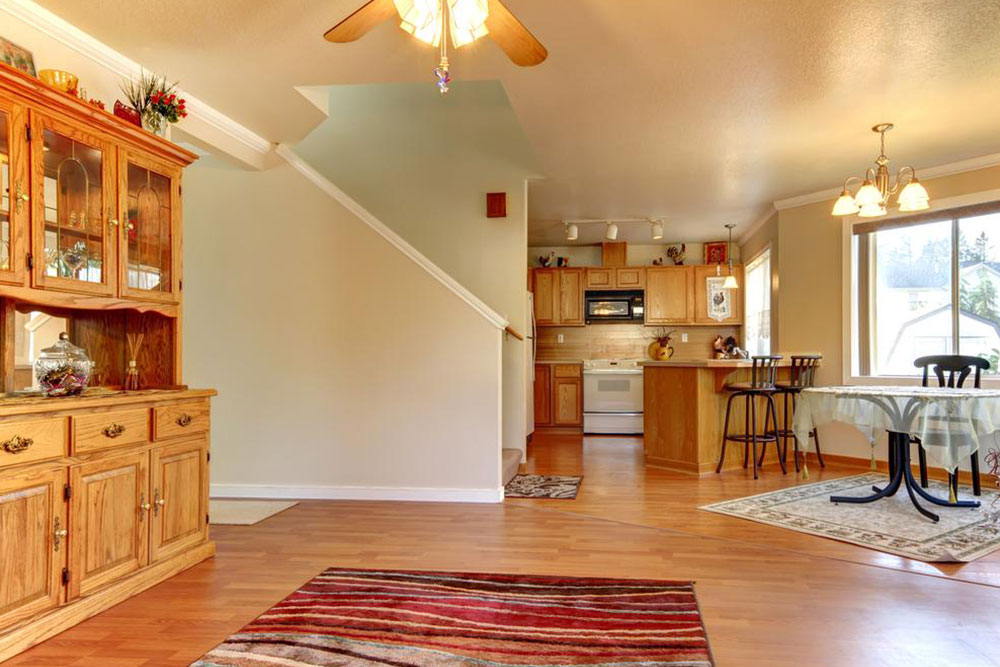Top Five Incentives for First-Time Apartment Renters
Discover the top five incentives for first-time apartment renters, including rent-free months, waived deposits, free utilities, application fee waivers, and rent reductions. These promotions are designed to attract tenants, especially during low demand seasons. Acting quickly and comparing offers can help you secure the best deal, making renting more affordable and convenient.
Sponsored

The rental industry is highly competitive, especially when rental stocks are abundant. Landlords often seek creative strategies to make their properties more appealing. They frequently promote special deals or discounts—known as move-in incentives—to attract new tenants. Sometimes, these offers look too good to be true, sparking questions about their authenticity.
Are move-in incentives worth considering?
Taking advantage of these offers can significantly reduce your living costs. They’re excellent for budget-conscious renters, but since these deals are usually limited-time, acting swiftly is essential to secure the best advantage.
While promotions apply broadly, one-bedroom units are often the most targeted for specials.
Landlords typically tailor move-in deals to simplify lease terms. Even when a deal appears extraordinary, it’s often genuine, especially during economic downturns or winter months when rental activity dips. These promotions help landlords fill vacancies and attract long-term tenants.
Common Types of Apartment Move-in Offers
Here are some popular incentives property managers and landlords use to attract renters:
No-charge first month
Many tenants struggle to interpret this benefit.
landlords waive the first month’s rent, but the catch is that they secure the lease for a longer period, usually 12 months or more. This way, even if they miss out on one month’s rent, the unit can still generate steady income. For tenants, this is a smart way to save upfront expenses, especially in smaller apartments or studios.
Zero-security deposit
When leasing an apartment, landlords typically collect a security deposit to cover damages or unpaid rent. Some landlords, however, waive or reduce this fee for reliable tenants. Such offers are especially common for in-demand one-bedroom apartments, appealing to tenants who are trustworthy and responsible.
Complimentary utilities or amenities
Large complexes often promote free utilities or access to amenities like internet or cable as a move-in perk. This can save tenants up to $100 monthly on utilities. Offers may also include free electricity, which is particularly attractive. Landlords often provide these incentives to fill units quickly.
No application fee
Most landlords charge a small application fee for credit and background checks. Occasionally, they waive this fee as a transaction bonus. While benefiting tenants modestly, this is typically a minor saving, usually between $20 and $50. The value increases when combined with lower rent or other promotions. Comparing offers across different listings helps find the best deal.
Lower rent rates
Negotiating a reduced rent is common for tenants planning to stay long-term or exploring options elsewhere. A lower rent benefits tenants financially while encouraging landlords to prevent vacancy. Before agreeing to a lower rent, landlords usually perform a market review to determine feasibility. Alternatively, they may offer upgrades like new carpets or fresh paint as part of the deal.
During off-peak seasons, such as winter, landlords are more inclined to offer substantial incentives. These offers fluctuate throughout the year but tend to be more prevalent when demand is low. It’s wise to research and compare seasonal promotions for the best rental savings.





